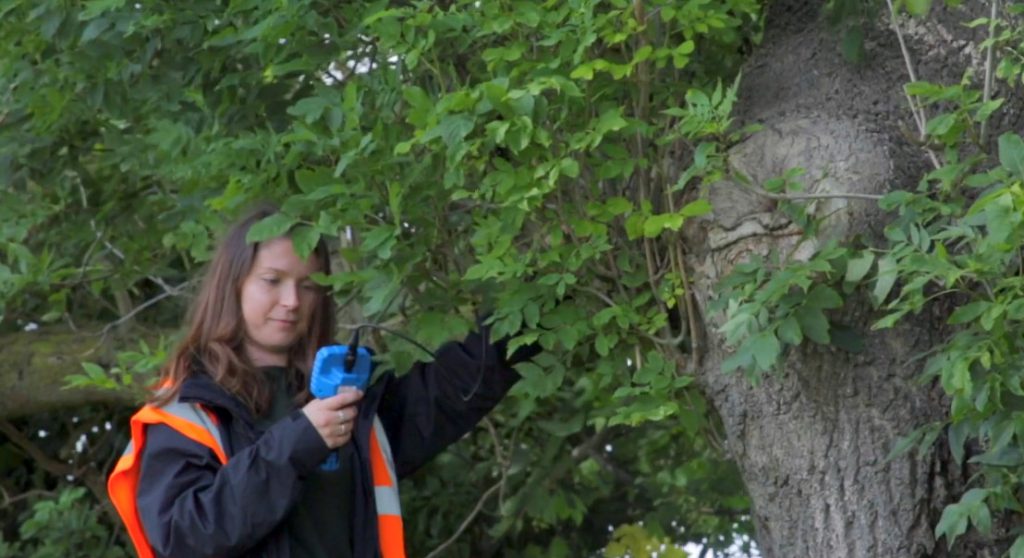Rural Cornwall
Built on two primary revenue streams of agriculture and tourism, the South West county of Cornwall is considered 92.02% rural by the UK government. Situated beside Devon and otherwise surrounded by the Atlantic Ocean, Cornwall is the most southerly point in the United Kingdom. Considering the vast number of countryside areas across Cornwall, it will come as no surprise to learn that many of the county’s best-known attractions are rural, such as Glendurgan Garden, St Nectan’s Glen, Tintagel Castle, and the Eden Project.
A county with one of the smallest populations in the UK, Cornwall has an average population density of 162 residents per square kilometre. Compared to the national average of 276 per square kilometre, the county has the lowest population density of any county in the United Kingdom with an area of more than 1,000 square units, and the second lowest of any county with more than 500,000 residents.
With so much land to work with, developers are understandably inclined to stage planning projects in the Cornwall area, even with land in the South West ranked as the most expensive anywhere in the UK. In order to protect the ecological features present in Cornwall, however, overseeing local authorities must maintain certain protections, particularly when it comes to new developments. As well as the 29 town councils across the county, Cornwall Council holds jurisdiction, and developers are required to follow relevant rules and regulations or face issues with their projects.
Cornwall Ecology
Alongside protected species generally found across the country such as badgers, barn owls, bats, birds and dormice, the close proximity to water also means that otters and certain reptiles are also present in Cornwall. In the county, rare or vulnerable protected species are safeguarded by the Cornwall Wildlife Trust and Cornwall Council. More specifically, Cornwall Council set out clear guidelines to enable developers to stage planning projects while maintaining consideration for local biodiversity and ecology.
A current example of a document that provides information to developers for approaching projects correctly and with an eye on the ecological impact is the Cornwall Planning for Biodiversity Guide. Split into sections on planning policy, legislation and standards, local biodiversity and development principles, the guide touches on the strict requirement for mandatory adherence to biodiversity net gain and the importance behind ecology surveys as part of the application process for planning permission within local planning authorities.
Conducting an Ecology Assessment
Most ecological assessments will begin with the ecologist conducting a preliminary ecological appraisal (PEA) / Extended Phase 1 Habitat Survey – an opportunity for a licensed and qualified ecological surveyor to inspect a development site for all present ecological features, both flora and fauna. A visit to the site to carry out a PEA survey will involve an ecological consultant looking for evidence of protected animal species and rare or invasive plant species. Following the survey, the ecologist will develop an ecology report to outline details from the assessment and any necessary next steps that will allow the project to go ahead despite the presence of precious ecological assets.
Another end result of a Phase 1 Habitat Survey is that findings from the assessment will give the ecological surveyor all they need to advise on other potential further surveys required on the site. For instance, protected species surveys could consist of badger surveys, barn owl surveys, bat surveys, dormice surveys, great crested newt surveys, otter surveys, reptile surveys or water vole surveys, while invasive plant species surveys could include giant hogweed surveys, Himalayan balsam surveys, injurious weed surveys or Japanese knotweed surveys.
Following protected species surveys, invasive plant surveys and any form of ecology surveys, the ecologist will develop an ecology survey report. Regardless of the type of ecological assessment, ecology reports all carry the same purpose – to offer a comprehensive explanation of the survey process, detailed results from the survey, and recommendations that are needed to meet the requirements of the local council. Through covering all bases and including the necessary information, an ecology report will help to convince your planning officer to grant planning permission.
Ecological Surveyors Throughout Cornwall
A common form of assessment, ecology surveys are often needed on development sites that possess a likelihood of housing protected species and invasive or valuable plant life. A survey such as a Preliminary Ecological Appraisal will factor in all potential ecological constraints, giving an ecologist an opportunity to identify ecological features on the site and eliminate all ecological features that clearly aren’t in the vicinity.
In order to adhere to the planning policies of Cornwall Council, speak to Arbtech about our ecology surveys by filling out a quote form online or calling us directly. You can then provide our team with details of your site and project, and we will assess the likely cost of your assessment in the form of a free quote. We can then work with you to choose a suitable time to visit your development site, undertake the required ecology surveys and assist you with gaining planning consent.


